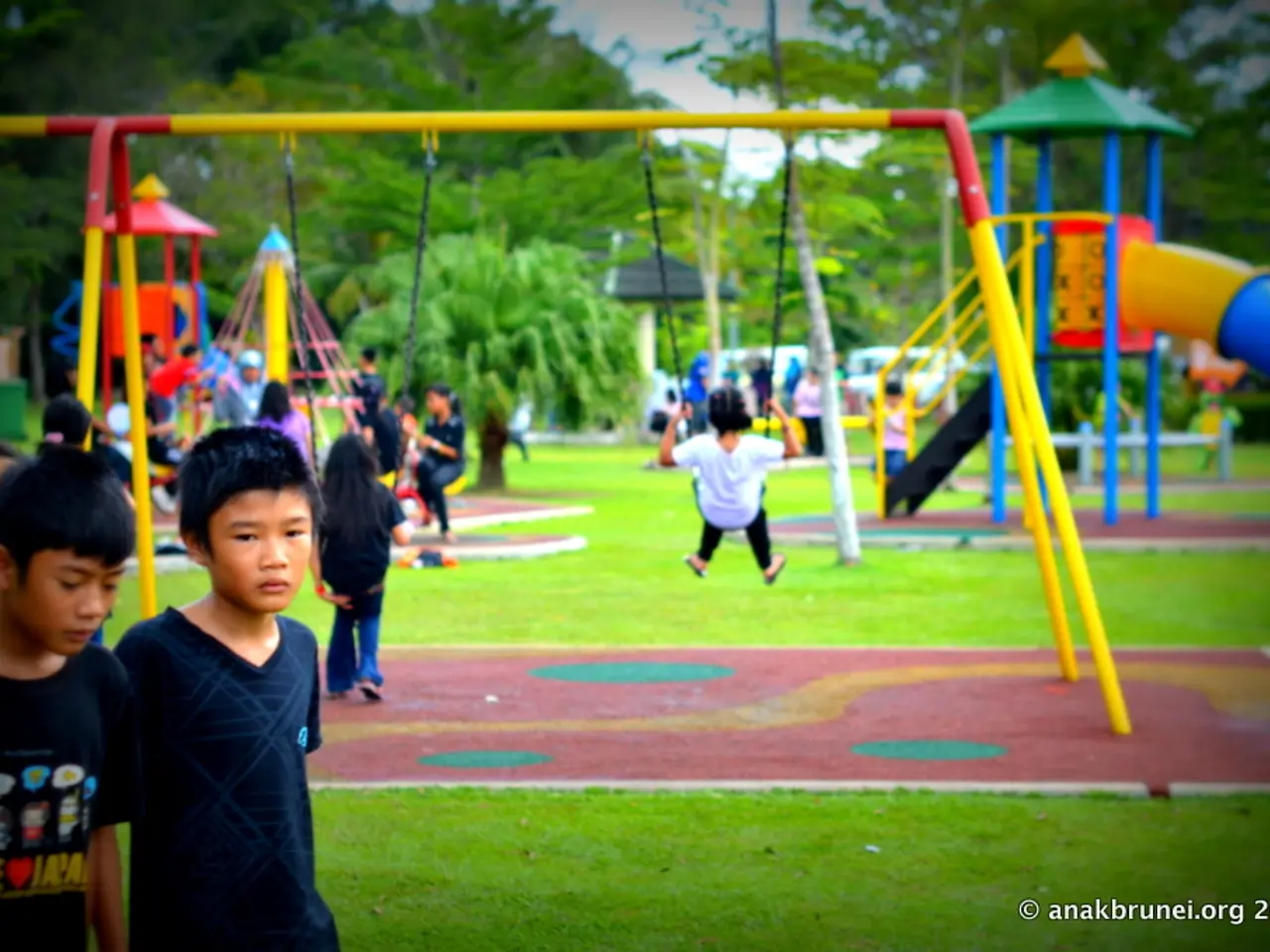Comparative Analysis of Nine Nature-Inspired Learning Approaches: Stoking Curiosity in the Outdoor Realm
In recent years, educational institutions worldwide have been embracing innovative methods to enhance students' learning experiences. One such trend is the integration of nature into the classroom, with various approaches that cater to different philosophies, structures, and emphases.
Forest Schools and Full-Time Outdoor Learning Programs stand out for their immersive outdoor experiences. These educational models prioritise regular, extended outdoor sessions where children learn through play and practical activities mainly in woodland or natural settings. The emphasis is on learner-led exploration, confidence-building, and environmental stewardship.
On the other hand, Montessori, Reggio Emilia, and Waldorf embed nature within broader developmental and pedagogical frameworks, each with distinct philosophies. Montessori education aligns with its philosophy of nurturing a child's natural development through a prepared environment. It combines hands-on, sensory materials with nature activities such as gardening and seasonal observations, encouraging autonomy, respect for nature, and learning at the child's own pace with teachers as guides rather than directors.
The Reggio Emilia approach considers the environment as the "third teacher." Outdoor spaces complement indoor classrooms and are designed for inquiry-based exploration, creative expression, and social collaboration, emphasising the child's role in co-constructing knowledge often via project work. Waldorf education encourages imagination and spiritual awareness connected to natural cycles, often with activities such as gardening, nature festivals, and handcrafts.
Place-Based Education Models centre learning on the local environment, culture, and community, promoting students’ understanding and stewardship of their immediate surroundings through direct engagement with local nature, history, and people. This approach is grounded in fostering a strong sense of place and cultural relevance.
Hybrid methods blend conventional classroom learning with regular outdoor sessions, aiming to balance structured curriculum delivery with experiential learning outdoors, combining the benefits of both settings.
Cultural Approaches to Nature Education incorporate the perspectives, traditions, and ecological knowledge of particular cultures or indigenous groups. They emphasise reciprocal relationships with nature, cultural identity, and sustainability through storytelling, ceremonies, and community practices integrated with ecological learning.
In these educational approaches, students engage in activities such as exploring native plant species, documenting local wildlife patterns, and studying geological formations unique to their area. These nature-based projects not only enrich students' understanding of their local environment but also foster a sense of connection and responsibility towards nature and their community.
Each of these educational approaches offers a unique way to integrate nature into the learning process, providing students with diverse and valuable experiences that go beyond the confines of traditional classrooms.
Home-and-garden enthusiasts might find inspiration in educational models that encourage outdoor learning, such as Forest Schools, Full-Time Outdoor Learning Programs, and Place-Based Education Models. These approaches not only incorporate environmental stewardship but also offer chances for learning through gardening and direct engagement with local nature.
In the realm of education-and-self-development, some philosophies like Montessori, Reggio Emilia, and Waldorf embed nature-based activities within broader frameworks, promoting a deeper understanding of the natural world and fostering cultural relevance. Learning within these pedagogical approaches often includes gardening, handcrafts, and nature festivals, connecting imagination and spiritual awareness with natural cycles.




